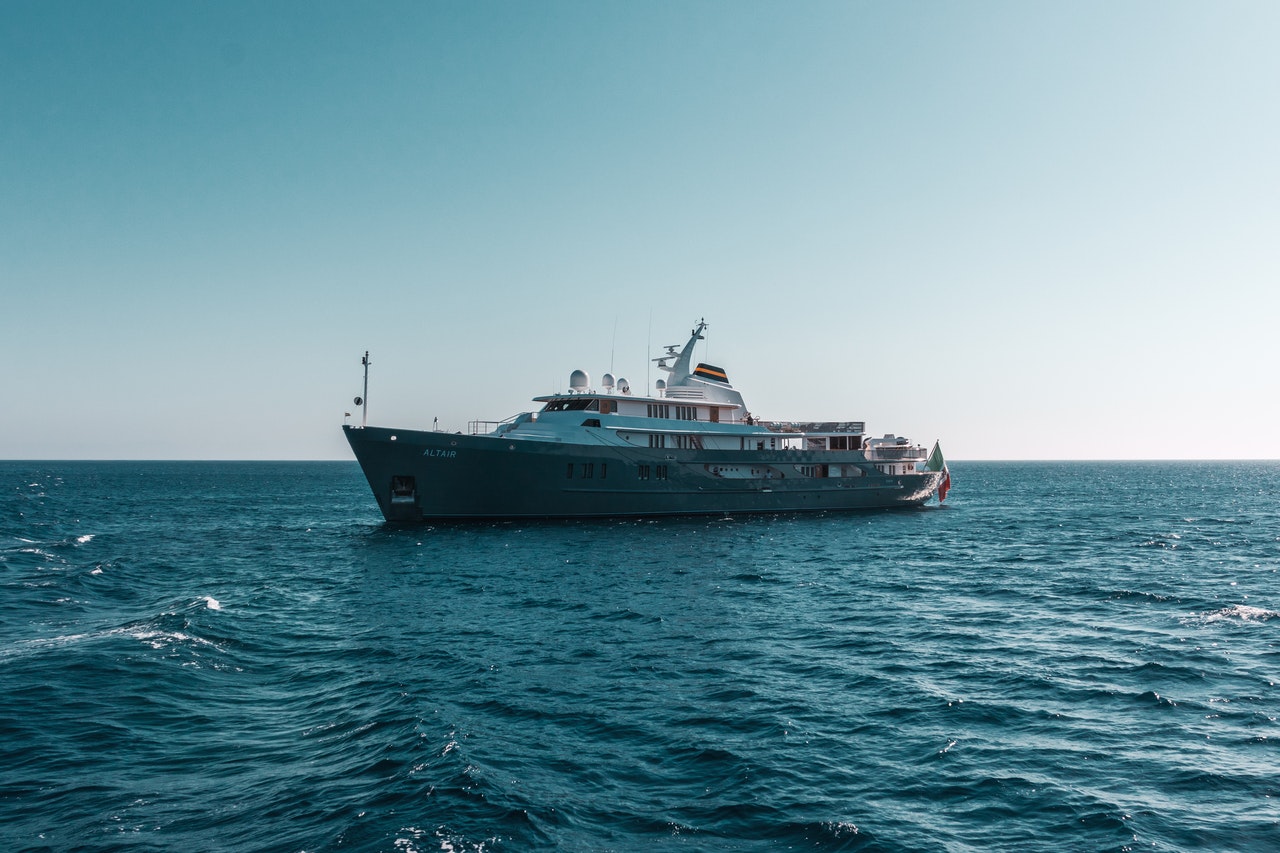In this day and age, where entry-level jobs can be difficult to obtain, you’ll find no shortage of opportunities in the maritime sector. From offshore rigs and cruise ships to commercial fishing vessels and ship management, there are a variety of diverse career options within the maritime industry that, with a little hard work, can prove to be long, fruitful and engaging careers.
While the open water and sense of adventure can be enticing, especially for those with a love of travel, it’s important to consider both the benefits and the drawbacks of working in the maritime industry if you’re contemplating a career change. Fortunately, these days, there are many businesses and organisations within the maritime sector working tirelessly to mitigate the risks of working within the industry. This includes ensuring the health and wellbeing of seafarers working across the sector.
So what opportunities are there in the maritime industry? And how can the industry mitigate the risks of working in such a fast-paced sector?
What opportunities are there in the maritime industry?
There are a variety of onshore and offshore opportunities within the maritime sector. These opportunities can include:
- Work on offshore rigs
- Marine research & science
- Working on commercial fishing boats
- Shipping, fleet management & transportation
- Official positions within a local or national government body
Within each of these categories, there also exists more niche roles, such as maintenance, technicians, engineers and consultants. Across the maritime industry, there is also a huge variety of different work environments. At the end of the day, the role you choose will come down to your own skills as well as the kind of workplace environment you flourish in.
Why choose a maritime career?
There are many benefits to consider when pondering a career within the maritime industry. Travel opportunities and adventure aside, people within the maritime sector work closely with one another and form lifelong bonds. There is also ongoing training and opportunities to further develop your skills. Other benefits include:
- Better benefits and perks
- Opportunities for career advancement
- Career flexibility
- The physical and mental benefits of working outside
- Job Security
- Easily Transferrable Job Skills
Mitigating the risks
Even with all the great perks of working in the maritime industry, it’s also important to consider the potential risks. Day to day, seafarers face a unique working environment that can cause tension and friction at sea as well as put each individual under a great deal of stress. From intensive labour and heavy lifting to working within high-pressure environments, working in the maritime sector can be a rewarding yet fast-paced career where you may have to contend with confined living spaces, seasickness and limited social interaction with your family while at sea.
Fortunately, the maritime industry has come a long way since pirates and adventurers sailed the seven seas. These days, modern maritime businesses work to mitigate the risks of working within the sector by ensuring the physical and mental wellbeing of employees is maintained. These specialist maritime health and wellbeing services include important medical equipment and supplies as well as catering management for vessels and ships at sea.
Maritime medical supplies
Gone are the days when seafarers suffered in silence from poor mental health or physical illnesses and ailments such as scurvy. These days, high-quality medical supplies and healthcare are important in maintaining the physical and mental health of seafarers, as well as any passengers or guests also onboard. With most maritime organisations recognising the importance of health and wellbeing at sea, many employers will provide crucial provisions for their staff, including medical supplies such as antibiotics as well crucial mental health services.
Catering management
Aside from medical supplies, it goes without saying that the physical and mental wellbeing of seafarers is also dependent on the food available. In fact, you could argue that a productive, happy crew starts with a plethora of healthy and nourishing meals. Failing to do so can be detrimental to the health of employees as well as the health of a vessel’s infrastructure. As a result, it’s in the best interests of maritime employers to ensure their crews are properly fed and nourished.
This is why these days, specialist maritime nutritionists often collaborate with offshore culinary teams to ensure everybody onboard is eating well and following a healthy diet. By mitigating the risk of malnutrition and illness at sea, the maritime industry can ensure the health of both its employees and the infrastructure of its fleets.
Final thoughts
On a day-to-day basis, seafarers face a unique working environment that poses a variety of different challenges, which can cause tension within a crew. As there are fewer opportunities to destress at sea, the maritime sector must prioritise the physical and emotional wellbeing of everyone onboard. As a result, the maritime industry now relies on a number of modern services to ensure the physical and mental wellbeing of its employees.
In this day and age, where entry-level positions might be tough to come by, the maritime industry offers plenty of opportunities for the modern adventurer. There are a range of various career opportunities within the maritime industry, ranging from offshore rigs and cruise ships to commercial fishing vessels and ship management, that can prove to be lengthy, rewarding and exciting professions.
If you love travel, adventure and wide-open spaces, then a career in the maritime sector may be for you. There are many benefits of working for a maritime business – and fortunately these days, there are also plenty of services and solutions that mitigate the risks. From catering management to medical supplies, solutions and infrastructure, these days the maritime industry works tirelessly to ensure the health and wellbeing of its seafarers working across the sector.



 Bitcoin
Bitcoin  Ethereum
Ethereum  Tether
Tether  XRP
XRP  Solana
Solana  USDC
USDC  TRON
TRON  Cardano
Cardano  Lido Staked Ether
Lido Staked Ether  Avalanche
Avalanche  Toncoin
Toncoin